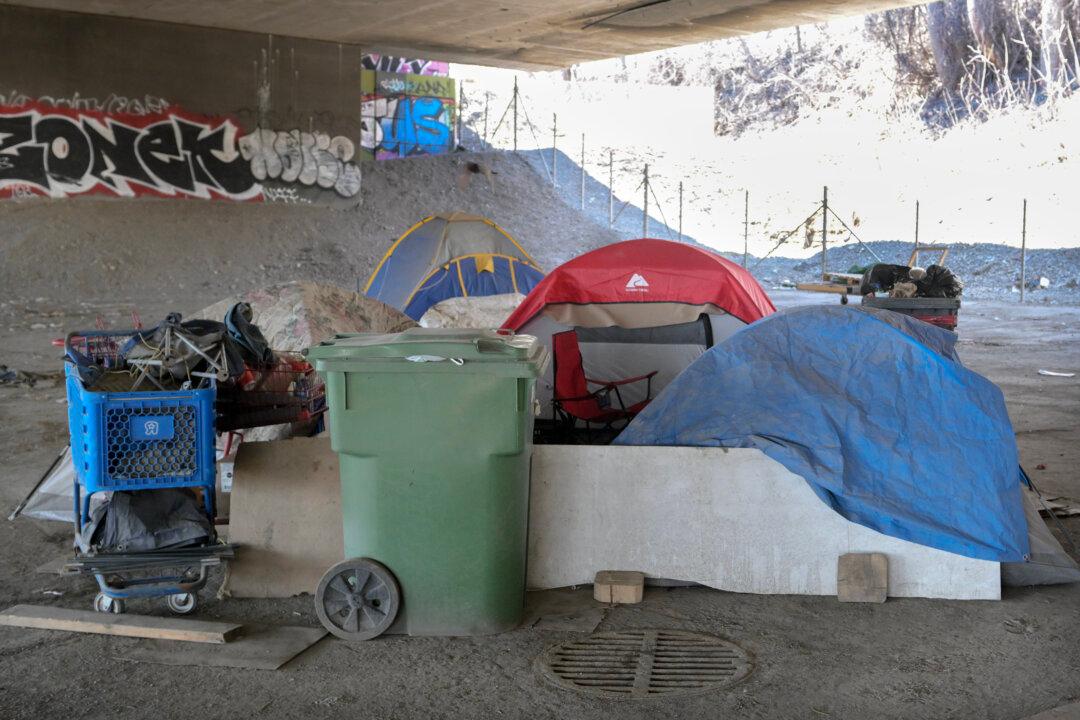Lower taxes and more flexible regulation in Quebec could have prevented 140,000 poverty cases in the province, according to a newly-released report.
The study, published by public policy think tank the Montreal Economic Institute (MEI), identifies the level of taxation and industry regulations as a hurdle for Quebec residents.





